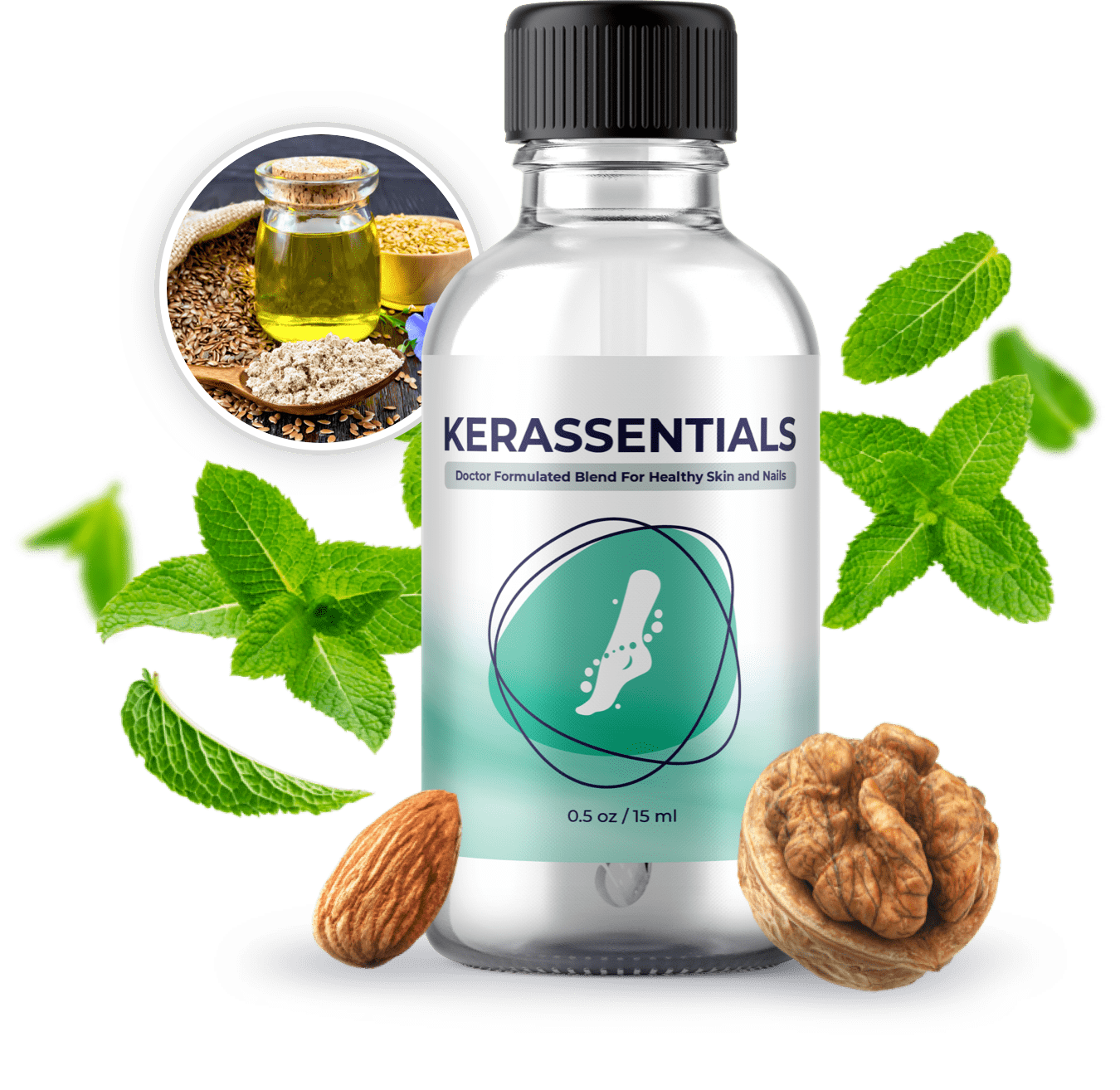Does Aerobic or Anaerobic Exercise Benefit You More When It Comes to Your Overall Fitness?
We tapped three experts to find out.
Picture this: You’re at the drugstore, your throat is raw and irritated from a cold, and you’re looking for some fast relief. This is the perfect time to search for the best cough drops for a sore throat. While you’re walking down the cold and flu relief aisles of the store, you notice there are a ton of different cough drop brands and flavors to choose from. How do you know which is best for your symptoms?
“Cough drops can be helpful to soothe a cough during an upper respiratory infection,” Carlos Galindo, MD, a family medicine physician at Texas Health Presbyterian Hospital Plano and with the Texas Health Physicians Group tells Well+Good. But in general, it doesn’t matter too much about which brand you pick—they all get the job done in the same way. Most lozenges (a fancy word for cough drops that you might see on product labels) have active ingredients like menthol and eucalyptus oil that temporarily soothe or numb your throat. Plus, the extra saliva created from sucking on cough drops can hydrate your throat tissues, too. Eventually, you’ll notice your urge to cough less, and your throat may feel a little more soothed.
“No one [cough drop] is superior to the other—it is all based on preference and taste,” Dr. Galindo says. That said, if you’re looking for a quick breakdown of some of the most popular options, here are five of the best that deliver results.
Best cough drops for a sore throat
Our experts say these five picks have soothing ingredients that can offer some much-needed relief.

Key ingredients: Benzocaine, dextromethorphan
These berry-flavored drops contain benzocaine to make your raw throat feel better. “Benzocaine is an anesthetic, so it has a numbing effect,” says Aaron Emmel, PharmD, founder at Pharmacy Tech Scholar. And thanks to the added dextromethorphan, they do double-duty as a cough suppressant, he adds. Also good: You’ll feel the effects for up to four hours.
Pros:
- Contains ingredients to soothe a sore throat
- Suppresses cough
- Lasts up to four hours
Cons:
- Contains artificial dyes

Key ingredients: Menthol
Throat-soothing herbs like mallow and thyme team up with menthol, a cooling compound found in mint that “provides relief of the nerves within the mouth which helps reduce pain and irritation,” Dr. Galindo says. While these lozenges are sweetened with stevia, which can be helpful for people with diabetes, the taste of the herbs can be bitter and off-putting for others. It all depends on personal preference.
Pros:
- Contains cooling mint and herbs
- Helps coat your throat
- Sweetened with stevia
Cons:
- The herbal flavor isn’t for everyone

Key ingredients: Pectin
Unbearably dry throat? These cherry-flavored cough drops can help. They contain an ingredient called pectin—an oral demulcent that coats the membranes of your throat to ease dryness and irritation, Emmel notes.
Pros:
- Hydrates and coats dry throat
- Sugar-free
Cons:
- No numbing ingredients
- Contains artificial dyes
<!– –>

Key ingredients: Menthol, eucalyptus, honey
These cough drops have cooling menthol and eucalyptus on the outside and are filled with honey on the inside. “There have been some medical studies that have shown honey can reduce cough frequency and cough severity,” Dr. Galindo says.
Pros:
- Contains cooling and cough-reducing ingredients
- Free of artificial additives
Cons:
- Contains sugar

Key ingredients: Zinc gluconate
Here’s a cough drop that’ll hydrate your dry, irritated throat while maybe helping you get better a little faster. “The American Academy of Family Physicians notes that zinc lozenges can help reduce the severity and duration of coughs,” says Dr. Galindo. While it can’t completely get rid of your cold, it could help you get over your cough sooner.
Pros:
- Might help shorten the duration of cold symptoms and cough
Cons:
- Zinc may upset your stomach
- Contains sugar
Are there any risks or side effects of cough drops?
Generally, you should be able to pop some cough drops for a few days when sick without issue. However, certain cough drop ingredients can end up doing more harm than good if you take too much. “Moderation is generally a good option when approaching or seeking to alleviate symptoms with a cough drop,” Dr. Galindo says.
Menthol lozenges, for example, might actually make a cough worse if you have too much of it, according to a March-April 2018 observational study in the Journal of the American Board of Family Medicine. It can also irritate your stomach, Dr. Galindo notes. It’s hard to say exactly how many cough drops will cause a problem because different products have different amounts of menthol, so it’s best to consider asking your doctor if you have any concerns.
Another potential side effect? The sugar (or honey) in cough drops can add up if you live with diabetes or are trying to prevent raising your blood sugar. High quantities of sugar can also mess with your stomach, causing loose or watery stools, Dr. Galindo notes.
Lastly, cough drops (or any lozenge or hard candy, for that matter) can be a choking hazard for children under the age of six, per the American Academy of Pediatrics. So instead of giving your kids cough drops, ask their pediatrician for other cough suppressant recommendations.
When to see a doctor for a sore throat
If your throat is only sore for a couple of days (and doesn’t come with other severe symptoms like fever, vomiting, or body aches), you can probably take care of it with home remedies like rest, soups, and of course, cough drops. But if your sore throat is lingering along or comes with other concerning symptoms, you should call your doctor. “Patients should seek out the care of a medical provider if an upper respiratory infection lasts more than 10 days, they have worsening symptoms, or a sudden fever,” Dr. Galindo advises.
And keep in mind: While coughing and a sore throat usually stem from an upper respiratory infection, these issues can also be from chronic illnesses like asthma, acid reflux, or chronic obstructive pulmonary disease (COPD). Your doctor will want to rule out these underlying concerns during your visit as well.
Recommended Story For You :
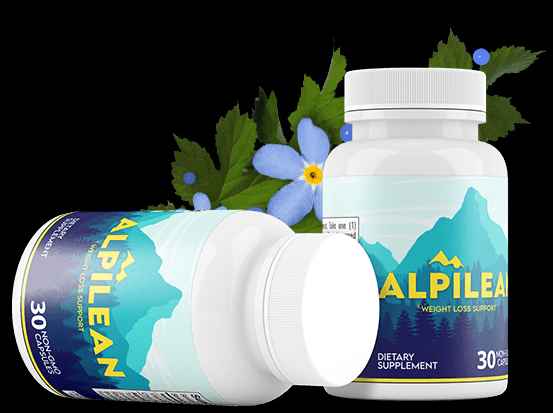
The alpine secret for healthy weight loss

The Most Potent Fast-Acting Formula For Incinerating Stubborn Fat

Real Cortexi Users Real Life‑Changing Results
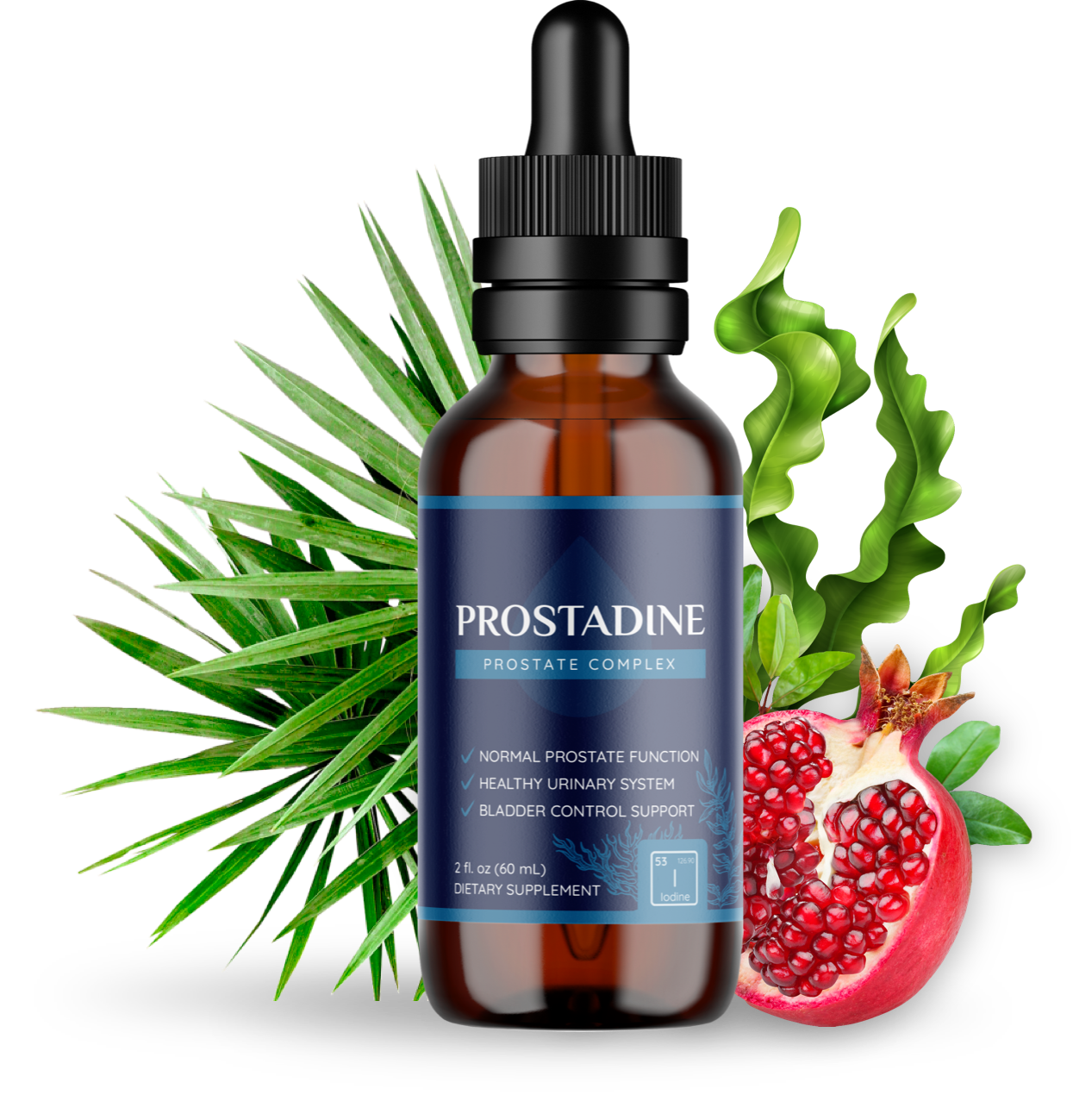
This Cold Drink Might Trigger Your Prostate
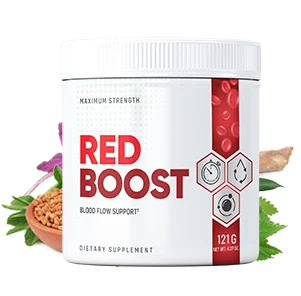
Red Boost is a powerful new formula for boosting male sexual health.
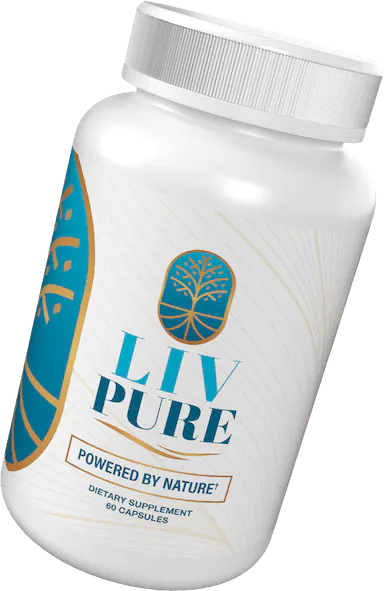
Everything you eat or drink eventually reaches your liver for processing.

Brand New Probiotics Specially Designed For The Health Of Your Teeth And Gums

Empowering You to Take Control of Your Blood Sugar Health!

Scientists Finally Discover the Root Cause of Belly Fat and Unexplained Weight Gain
